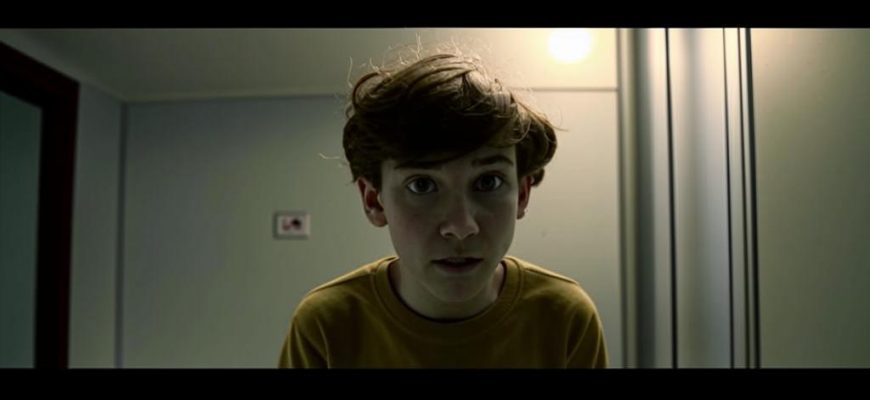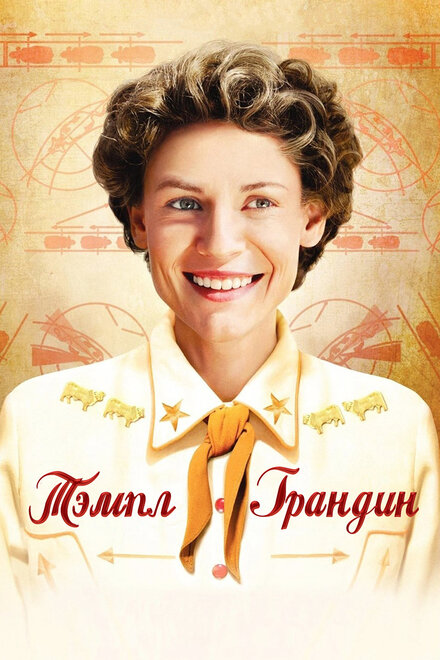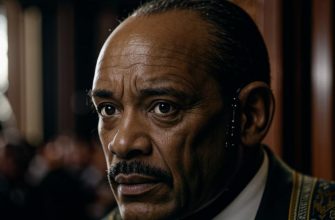“Temple Grandin”, 2010
Director: Mick Jackson
A biopic of Temple Grandin, an autistic woman who became one of the top scientists in the humane livestock handling industry. The film is an inspirational story of overcoming obstacles and using one’s unique strengths to change the world.
Starring: Claire Danes, Julia Ormond, David Strathairn, Catherine O'Hara, Stephanie Faracy, Barry Tubb, Melissa Farman, Steve Shearer, Richard Dillard, Jenna Elizabeth Hughes;
Production year: 2010;
Genre: drama, biography;
Age: 18+;
Duration: 107 min.;
Rating: IMDB: 8,2;
“The Accountant”, 2016
Director: Gavin O'Connor

This film features a highly functioning autistic mathematician who works as a freelance accountant for dangerous criminal organizations. It explores his ability to uncover financial deceptions while also delving into his personal challenges and talents stemming from his condition.
Starring: Ben Affleck, Anna Kendrick, J.K. Simmons, Jon Bernthal, Jeffrey Tambor, Cynthia Addai-Robinson, John Lithgow, Jean Smart, Andy Umberger, Alison Wright;
Production year: 2016;
Genre: action, thriller, drama, crime, detective;
MPAA rating: r;
Duration: 128 min.;
Rating: IMDB: 7,3;
More information about the film “The Accountant” on the website imdb.com
“Please Stand By”, 2016
Director: Ben Lewin

A comedy-drama about a young woman with autism who runs away from her caregiver in an attempt to submit her manuscript to a “Star Trek” writing competition. The journey is both a literal and metaphorical one toward independence and self-acceptance.
Starring: Dakota Fanning, Alice Eve, Toni Collette, Lexi Aaron, Domonique Brown, Brittanie Sanders, Cindy Miyashiro, Lara Lihiya, Dan Cordell, Tony Revolori;
Production year: 2016;
Genre: drama, comedy;
MPAA rating: pg13;
Duration: 93 min.;
Rating: IMDB: 6,7;
More information about the film “Please Stand By” on the website imdb.com
These films, while diverse in their storytelling and approaches, all contribute to a broader understanding and appreciation of Asperger’s Syndrome and the autism spectrum.
In conclusion, films about Asperger's Syndrome not only illuminate the intricate tapestry of experiences lived by individuals on the autism spectrum, but they also foster a broader societal understanding and acceptance. Through the lens of cinema, audiences are invited into the nuanced worlds of characters navigating life with Asperger's, highlighting their challenges, triumphs, and the diverse ways in which they perceive and interact with their environments. These films serve as powerful vehicles for empathy, breaking down stereotypes and affirming the importance of embracing differences. In doing so, they contribute to a more inclusive narrative around neurodiversity, inviting viewers to reflect on the richness that individuals with Asperger's bring to the fabric of human experience. By continuing to support and champion such films, we can help ensure that the diversity of the human condition is both seen and celebrated, promoting a deeper understanding that transcends the boundaries of the screen.










